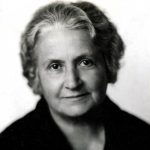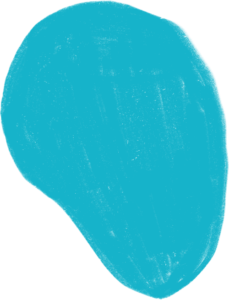Early Years Learning Framework (EYLF)
The curriculum at St George Montessori is child initiated, play based and guided by the Early Years Learning Framework (EYLF), National Quality Standards and Montessori theories of learning. Our curriculum, exclusive to us, provides a holistic approach to education and combines the EYLF with the Montessori curriculum. This combination develops the child’s core learning not only for the classroom but for life.
The framework is a key component of the National Quality Standards for early childhood education and care. Belonging, Being and Becoming – The Early Years Learning Framework (EYLF) describes the principles, practices and outcomes that support and enhance young children’s learning from birth to five years of age, as well as their transition to school.
The Framework conveys the highest expectations for all children’s learning from birth to five years and through the transitions to school. It communicates these expectations through the following five Learning Outcomes:
- Children have a strong sense of identity
- Children are connected with and contribute to their world
- Children have a strong sense of wellbeing
- Children are confident and involved learners
- Children are effective communicators.
There are also seven quality areas that include:
- Quality Area 1 – Educational program and practice
- Quality Area 2 – Children’s health and safety
- Quality Area 3 – Physical Environment
- Quality Area 4 – Staffing arrangements
- Quality Area 5 – Relationships with children
- Quality Area 6 – Collaborative partnerships with families and communities
- Quality Area 7 – Governance and leadership
Fundamental to the EYLF is a view of children’s lives as characterised by belonging, being and becoming:
To compliment the Montessori approach, the Montessori method of teaching uses exclusively designed resources that are exclusive to the Montessori theory of learning. The materials and resources at our centres are designed to attract the children to pursue the need to educate themselves through stimulating activities. Montessori maintained that ‘progressive interest’ should characterise the young child’s world. The materials and activities permit the child to follow a sequence of difficulty, thus providing continuing challenge, which are especially suited to the child’s intellectual, emotional, physical and social needs at each stage of development.









